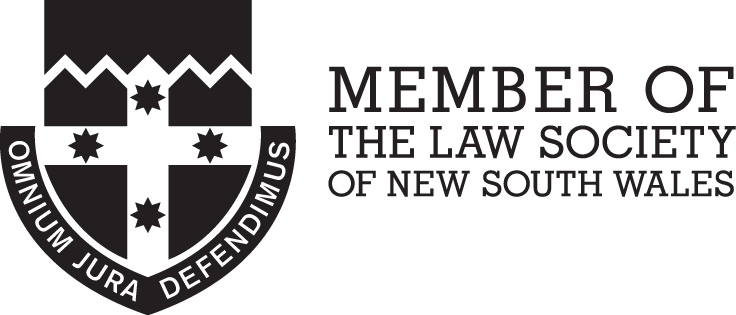|
When commencing a business venture, it is necessary to consider the most appropriate type of business structure to put in place. Different business structures have different benefits and disadvantages. This article looks at trusts - how to set up a trust and the pros and cons of the trust structure. Key Features
A trust is an obligation imposed on a person (the trustee) to hold property or income for the benefit of others (the beneficiaries). A trustee is responsible for the operation of the trust. A trustee can be an individual, partnership or a company. There are a number of laws which govern how a trustee must perform his or her obligations to the trust. The primary obligation of a trustee is to act in the best interests of the beneficiaries of the trust. Trusts are set up for a number of reasons, including family and charitable purposes. For business purposes, the most common types of trusts are:
How to Set Up a Trust A formal deed is required to set up a trust. A trust deed outlines the purpose of a trust, the property involved, the rights and obligations of the trustee and beneficiaries and how assets will be distributed to the beneficiaries. It is recommended that a trust deed be prepared by a solicitor. A trust must have its own Australian Business Number (ABN), which can be obtained online through the Australian Business Register. A trust must also have its own Tax File Number (TFN), which can also be obtained online from the ATO. A trust must be registered for GST if annual turnover is $75,000 or more. Trusts that run a business must complete a tax return, showing the income the trust earns, deductions it claims and the amount of income distributed to each beneficiary. Pros and Cons The advantages of a trust structure include:
Conclusion A trust might be an appropriate structure if a business venture will involve a sizeable amount of property and money. That is because a trust can be beneficial in protecting assets and minimising taxation obligations. Trusts are also a common structure choice for family businesses because various family members can be made beneficiaries of the trust that is operating the business. A trust is the most complex of all the business structures, with complicated tax implications and legal and compliance requirements. As such, it is highly recommended that advice is sought from a solicitor and financial advisor to check whether a trust suits your circumstances. If you or someone you know wants more information or needs help or advice, please contact us. Comments are closed.
|
Topics
All
|
Gionis Legal & Advisory Pty Ltd © 2022



